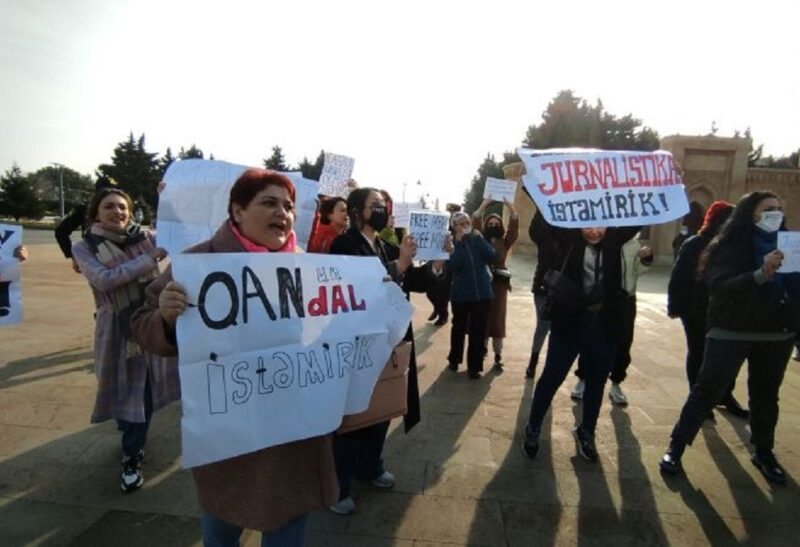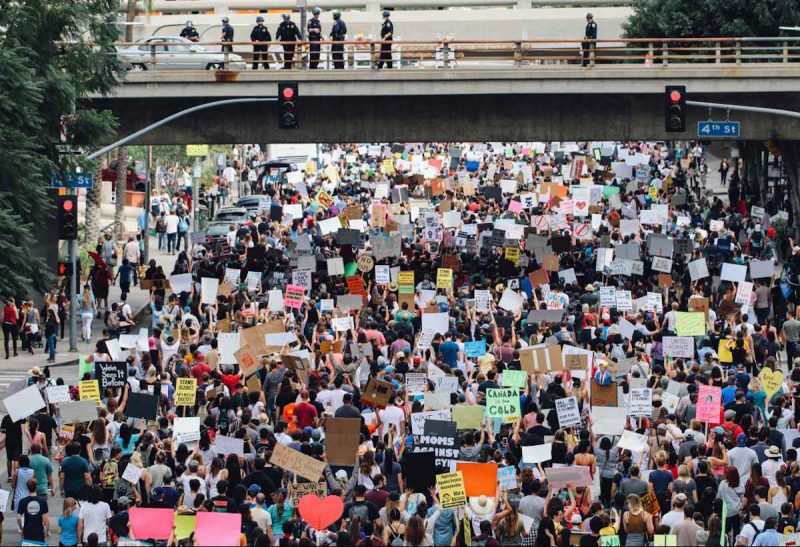When it comes to Azerbaijan’s parliamentary elections on November 1, the numbers tell only a part of the story.
The Central Election Commission says 769 candidates appear on ballots, vying for 125 seats in parliament. The CEC adds that the qualified candidates represent 15 political parties and one coalition. Watchdog groups, however, maintain that the elections offer no real choice because most candidates either directly or indirectly aligned with President Ilham Aliyev’s administration.
An
ongoing crackdown
on freedom of expression has muzzled virtually all domestic criticism of the Aliyev administration, rights activists contend. “There is simply no real chance of people being able to take part meaningfully in elections while the human rights crackdown continues and Azerbaijan’s few independent voices
are being silenced
,” John Dalhusien, Amnesty International’s director for Europe and Central Asia said in a statement issued in early October.
Just days before the elections, prominent opposition entities, including Musavat, REAL and NIDA, reportedly withdrew from the electoral process. A subsequent report distributed by the Turan news agency, however, indicated that REAL would participate, but not recognize the election results.
Musavat, the party with the longest track record of opposition to the Aliyev administration, said its decision to withdraw was based in part on the fact that only 24 of the 73 prospective candidates it put forward were registered to run in the election, Turan reported.
A statement issued by NIDA, a civic movement established in 2011, cited a “lack of trust in free and fair elections.”
The Central Election Commission described the opposition withdrawal as a violation of election rules.
“The fact that the
Musavat Party
made such a decision at this time – less than 10 days before the parliamentary elections which will take place on November 1 – means a violation of the Election Code and an attempt to deliberately curb the elections,” said a CEC statement issued October 30. “This step, which serves to confuse the voters in the voting process, manifested itself more clearly with such a statement made by NIDA Civil Movement, which is neither an elective subject nor a participant in the election process, nor has the right to have candidates registered.”
The CEC announced that almost 66,000 individuals had been registered by local and national authorities to observe the elections. In addition, 501 international observers will be monitoring the elections, including many from Russia and other CIS states. However, prominent Western monitoring organizations, most notably the OSCE’s Office for Democratic Institutions and Human Rights (ODIHR), have declined to send missions to Baku. ODIHR officials cited government restrictions on observers as the reason for their decision not to participate.
The APA news agency reported that Azerbaijani diplomats asked ODIHR to reconsider its decision, but the Warsaw-based agency declined to change its mind.
“Last weekend we consulted again with the ODIHR and suggested them considering a deployment of a limited number of ODIHR experts to render a specific form of election-related assistance to the Azerbaijani authorities on the eve of elections and on November 1, election day,” said a statement issued by the Permanent Mission of Azerbaijan to the OSCE on October 29. “Regretfully, ODIHR once again refused to the request of the Azerbaijani side to provide assistance in upcoming election.”
Originally published by
EurasiaNet.org



